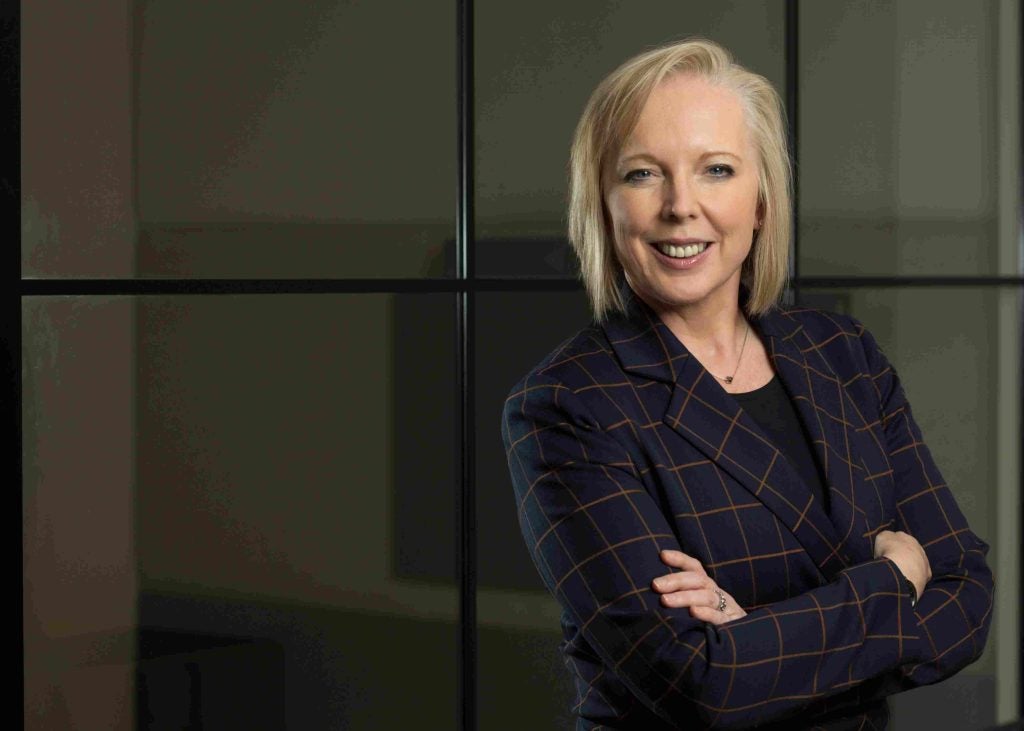
Fortu Wealth has entered the market looking to provide an all-in-one finance platform for high net worth individuals (HNWIs) and a B2B banking-as-a-service (BaaS) solution for private banking and wealth managers. It is not the first do offer this, so what makes it different? Patrick Brusnahan writes
Co-founded by Azamat Sultanov and Firdavs Shakhidi in 2019, Fortu is poised to fill a gap in the market for a modern private banking platform. Will it be the “Revolut of private banking”?
Sultanov and Shakhidi come with some experience in the field as both as partners in Jefferson Capital, a boutique asset management group with over $500m in assets under management (AuM). However, they are aiming for something different with Fortu.
Fortu customers will be able to manage every aspect of their finances in one place. This apparently includes a range of services “seldom seen together in a single offering”, such as instant global transfers and payments in any currency.
Speaking to PBI, Sultanov says: “The idea of Fortu came because we wanted to build a tech solution, which follows the vision that private banking has to adopt digital wallets, which allows customers to transact themselves and to fold in alternative investments.”
Targeting millennials
Sultanov believes there is a “transition of wealth” to the millennial generation and this generation has different methods when it comes to investing.
While baby boomers choose to use financial advisers and wealth managers, millennials are “more tilted towards DIY investing”.
Why is this? “Primarily because of the access to information,” Sultanov explains.
“The Internet has changed the level of access. Now everyone can Google or read a book or get the audio book on investing. They follow the blogs. Information online is freely available now.
“Access to trading tools is another factor, which increases their ability to at least try investing themselves, even with small amounts. This gives them the learning on how investments work. The best way to learn investing is to invest small amounts of your own money. It teaches you that greed and fear balance.”
Private banks are still “betting on baby boomers” and Fortu wants to go another route. A more digital route.
Sultanov says: “If you download all of the apps of private banks and analyse them, none of them are user friendly and a lot of them are not active. They still rely on paper, like onboarding forms, and the private link is about 100 pages long. And it needs a wet signature, so you have to sign it in person. It is still all very old school. What we are trying to do is a completely digital experience. We call it the Revolut of private banking.”
Sustainable investments and ESG
ESG is a popular investment at the moment but Fortu will not be using that name.
“We try to avoid using the term ESG because I feel that is well overused in marketing. We’re saying mission driven investment,” Sultanov explains.
He continues: “In the beginning, when ESG was new, it was a unique offering. Now it’s becoming a widely accepted norm or standard. Even for institutional investors, they have a lot of funds that are divesting from non-ESG compliant investments holdings. They will be focusing on only ESG companies.
“I would say that ESG is becoming a normal, widely accepted standard. It’s not a unique selling point anymore. That’s why we are delivering mission driven investments, because mission driven investments mean that they do not have to have the obligatory cover of ESG.”
How else can you attract millennial wealth?
Sultanov concludes: “Access to alternative investments and alternative investments in asset classes which are not, traditionally, covered by private banks.
“What we’re trying to do is simplify that experience. Clients would be able to hold those assets and make money straight away in one infrastructure, so it doesn’t need to use several providers to make it work.”







